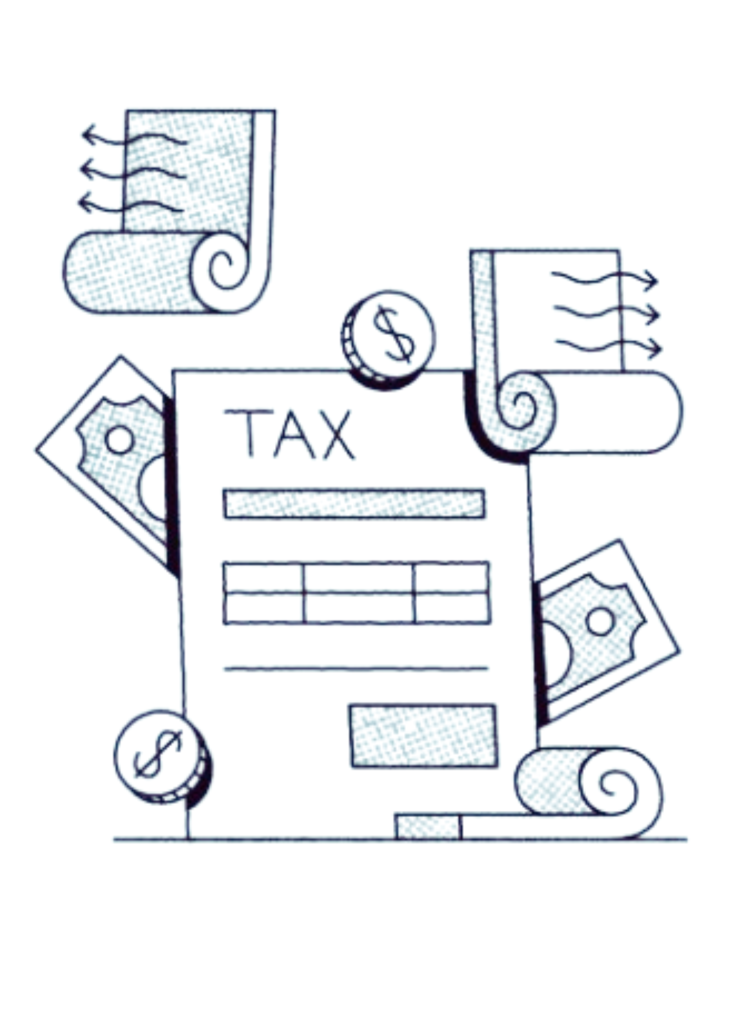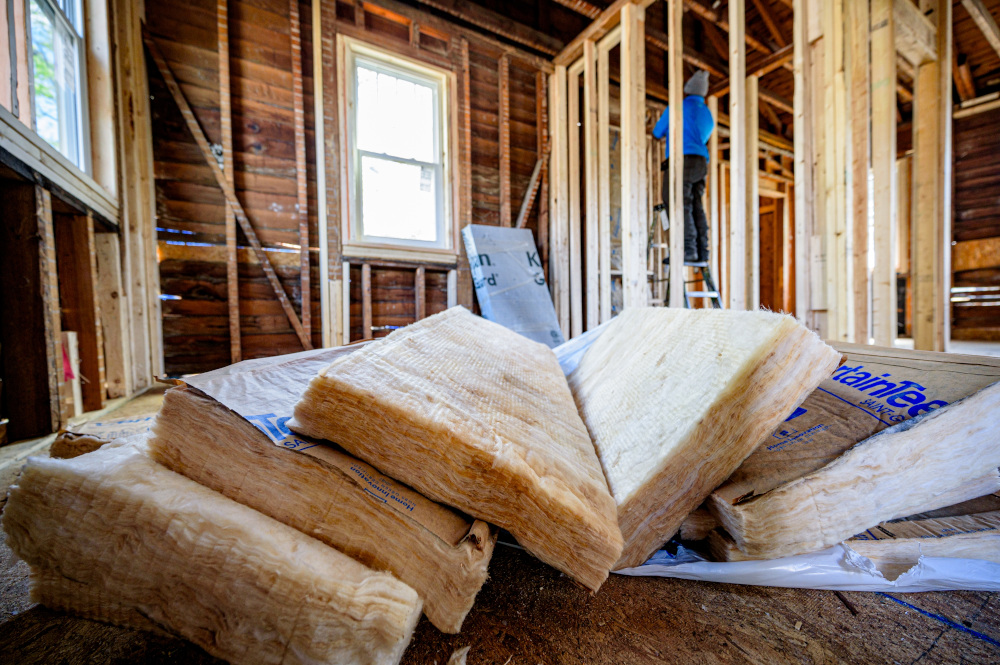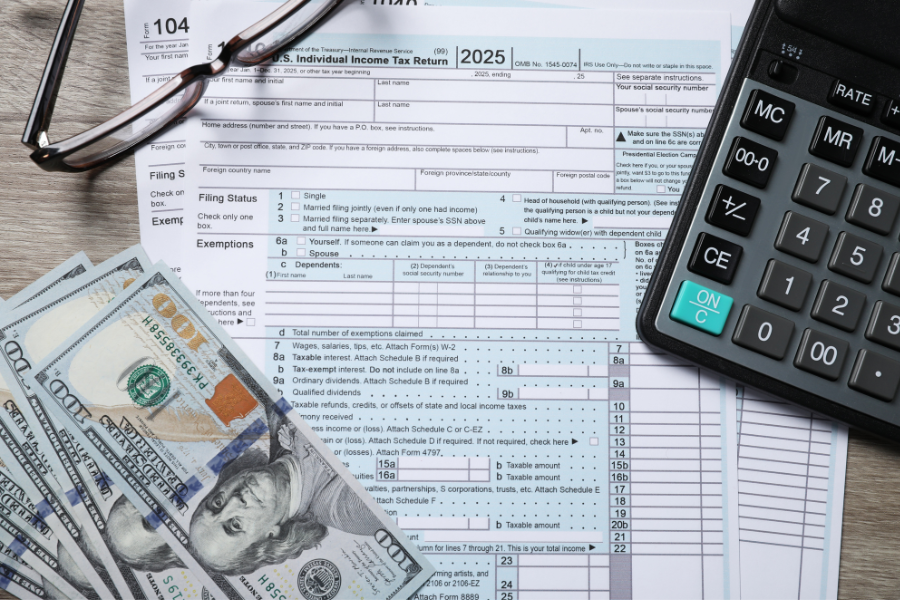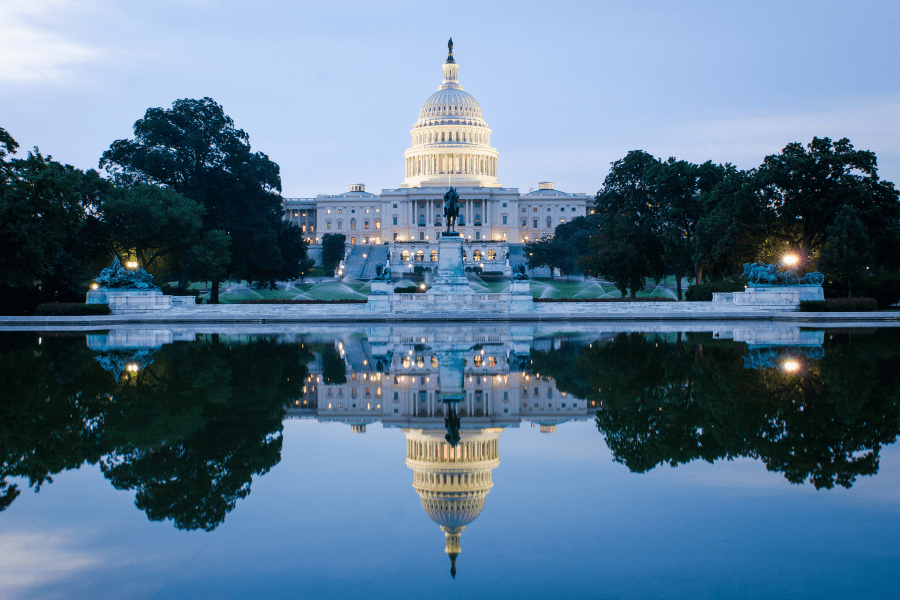May 27, 2025
From Insulation to Impact: How 25C Is Changing Homes—and Why It Must Be Saved
Despite the broad public support for energy efficiency incentives and tax credits, many Americans are unaware of how to use these incentives. That’s why the 25C Means Business marketing campaign is necessary and thriving.
By: Stacy Fitzgerald-Redd

In the shifting landscape of the United States, there are still some things that the majority of Americans agree on. And you’d be hard-pressed to find an issue that we support so overwhelmingly as energy efficiency.
A new survey from Environment America shows strong bipartisan public support for energy efficiency. It reveals that more than 81% of Americans specifically support government rebates or tax incentives to help homeowners pay for improvements to energy efficiency in their homes.
Despite the broad public support for energy efficiency incentives and tax credits, many Americans are unaware of how to use these incentives. That’s why the 25C Means Business marketing campaign is necessary and thriving.
The campaign, run by Energy Circle and funded by NAIMA, provides customized marketing support and sales training to insulation contractors to help them talk to their customers about retrofitting their homes with insulation and offsetting the first costs of that work by leveraging the 25C tax credit. Check out Energy Circle’s and BPA’s 25C Means Business webinar for contractors, as well as a detailed fact sheet providing information for stakeholders about the 25C credit. The free marketing support provided by the 25C Means Business campaign is available to insulation contractors nationwide and provides a wide variety of customized materials, including:
- Landing pages, blog articles, infographics, and videos about the tax credit
- Third-party-based educational materials like sales sheets and pamphlets to print out and deliver to customers during sales calls
- Contractor badges and truck decals that show homeowners what sets their insulation contractor apart from its competitors
The 25C Means Business campaign also provides training to contractors, from tax credit 101 education to pre-recorded videos and webinars to help contractor marketing teams sell the tax credit. The campaign also includes sample invoices and support documents to make it easy for insulation contractor staff members to fit the 25C homeowner tax credit into their existing workflow.
Results Speak Volumes
Since the 25C Means Business website and contractor marketing effort started in early 2024, more than 250 insulation contractors from all across America have enrolled in the program and leveraged the campaign tools to build their businesses and increase their insulation retrofit activity. This benefits both contractors and the homeowners who undertake the work. In fact, a CNBC news article earlier this month detailed the experience of one homeowner who cut her heating bill in half and leveraged the $1,200 25C tax credit to offset the initial cost of the insulation retrofit completed in her home.

According to Energy Circle Project Manager Jackie Schlotterbeck, insulation contractors who have heard about the 25C Means Business marketing support and campaign are eager to learn more. “We’ve had great feedback so far. We have also heard that web traffic has been increasing, and folks are calling specifically to ask about the credit.”
Feedback from participating contractors has also been positive. Contractors have noted:
“It is a great source of knowledge to hand out to our customers. The contents are easy to understand and simple enough for all our audiences.”
“The 25C Means Business Program has been very helpful to us at B. Alpha Construction. It has most definitely helped us distinguish ourselves from the competition, who, for the most part, are not even talking about 25C. Customers really feel like you are looking out for their best interests, and this is so important to building trust, which we feel is one of the main building blocks of great service.”
The Credit is in Jeopardy
Despite the broad support for energy efficiency incentives and tax credits like 25C, these credits are in jeopardy as Congress considers ways to extend the 2017 Trump tax cuts. On May 22, the U.S. House of Representatives voted to eliminate the 25C Energy Efficient Home Improvement tax credit. If enacted, the proposal would terminate 25C eligibility for any property placed in service after the end of 2025. More than 1,100 insulation industry leaders and contractors signed a letter led by NAIMA and BPA to Senate Finance Committee and House Ways and Means Committee leadership urging lawmakers not to eliminate or weaken the 25C tax credit. The home performance industry continues advocating to protect these credits that help taxpayers save money. Be sure to call or email your senator here in support of 25C.
“Maintaining this significant incentive for homeowners as they seek to reduce their costs by making their homes more energy efficient is crucial,” said NAIMA President and CEO Curt Rich. “Energy efficiency is one of the few issues in which there is broad-scale, bipartisan American support, and eliminating the credit at a time when most Americans are feeling the sting of inflation would be short-sighted.”
“The 25C tax credit is a triple threat for home performance: it reduces upfront costs for consumers, cuts home energy bills, and supports local jobs,” said BPA CEO Steve Skodak. “As Americans experience rising energy costs and our grid faces increased demand, we need 25C now more than ever.”

25C Campaign Will Continue
Energy Circle’s Schlotterbeck is pleased by the response to the campaign and says that the company’s effort to engage contractors will continue. “We’re encouraged by people talking about the campaign and calling us for more details. As we enroll these companies, we’re also working on new tools and resources to support our efforts. It’s amazing to see these businesses take advantage of this free marketing to grow their business and, in the process, make American homes more efficient.”
While the shifting political landscape has changed, forcing energy efficiency to the sidelines for some lawmakers, it’s still a hot issue for consumers.






